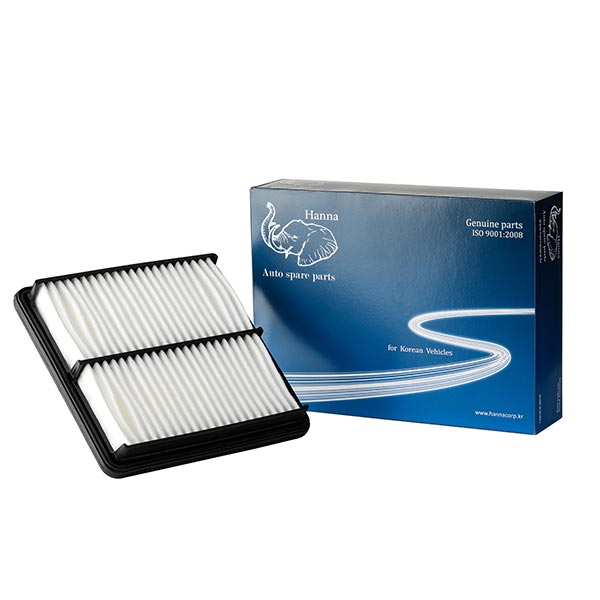The engine air filter in a vehicle is essential for maintaining engine health by filtering air before it enters the combustion chamber. It consists of a frame and a filter media, typically made of pleated paper, foam, or synthetic fibers, designed to trap particles while allowing clean air to pass through.
Over time, the engine air filter can become clogged with dirt and debris, which restricts airflow and reduces engine efficiency. Regular inspection and replacement of the engine air filter, typically recommended every 15,000 to 30,000 miles, ensure optimal engine performance and fuel efficiency.
A clean engine air filter contributes to proper air-to-fuel ratio, combustion efficiency, and engine longevity by preventing contaminants from entering critical engine components. A dirty engine air filter can lead to decreased horsepower, increased fuel consumption, and engine misfires.
Additionally, modern vehicles may have cabin air filters that improve air quality inside the vehicle by trapping dust, pollen, and pollutants from entering through the HVAC system. These filters should also be inspected and replaced periodically to maintain air quality and ensure proper HVAC system performance.
Overall, maintaining clean filters both engine air filters and cabin air filters is crucial for vehicle performance, fuel economy, and the comfort and health of passengers.
Hanna Corporation is a trusted supplier of high-quality engine air filters.


 Air Filter
Air Filter
